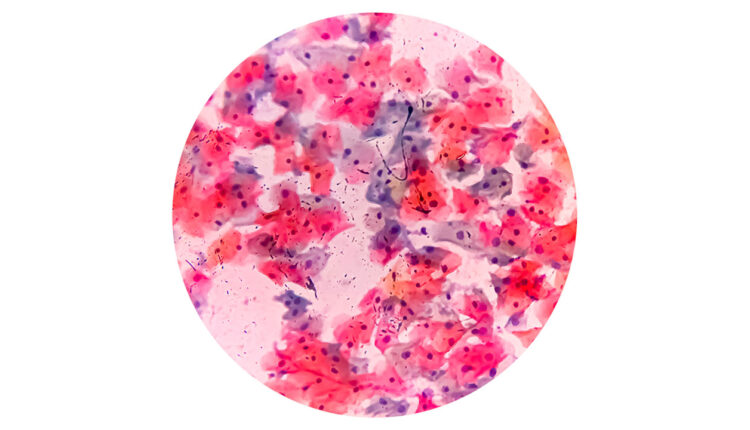
New Drug Targets Oral Cancer’s Deadliest Forms
A cutting-edge oral cancer therapy is moving closer to reality thanks to a $400,000 National Institutes of Health grant awarded to UT Health San Antonio and biotech startup Keraceuticals. Their first-in-class drug, CIDD99, could finally offer patients a powerful, targeted option against aggressive, treatment-resistant cancers.
A promising breakthrough in oral cancer treatment is taking shape in San Antonio, where a collaborative team from UT Health San Antonio and local biotech startup Keraceuticals has secured a prestigious $400,000 Small Business Technology Transfer (STTR) grant from the National Institutes of Health. The funding supports the development of CIDD99, a novel anti-cancer compound designed to address a critical gap in current oral cancer therapies.
The drug, developed by Cara Gonzales, DDS, PhD, an assistant professor at UT Health San Antonio School of Dentistry and founder of Keraceuticals, targets a mitochondrial pathway that has not previously been exploited in cancer treatment. Early preclinical data show CIDD99 reduces tumor volumes up to five-fold in mouse models of oral cancer, offering a compelling alternative to the standard therapies, which have remained largely unchanged for decades.
This innovation could be particularly transformative for patients suffering from oral squamous cell carcinoma (OSCC), the sixth most common cancer globally. OSCC has a notoriously poor prognosis in its recurrent or advanced stages, with survival times averaging just 6 to 7 months. Despite its prevalence, no targeted therapies currently exist for this aggressive cancer, making the development of CIDD99 a potential game-changer.
Through the STTR program, Keraceuticals benefits from the research infrastructure and scientific expertise of UT Health San Antonio, a globally ranked institution in research impact. The partnership exemplifies how academia and industry can come together to speed the path from discovery to patient care. The School of Dentistry will provide essential support in preclinical testing and formulation development, including evaluating oral and intravenous delivery systems in preparation for future clinical trials.
Beyond oral cancer, CIDD99 has shown broad antitumor activity in models of other cancers, including lung, breast, brain, and prostate, many of which also lack effective targeted therapies. This wide applicability adds to its therapeutic promise and potential impact across oncology. Click here to read more.

